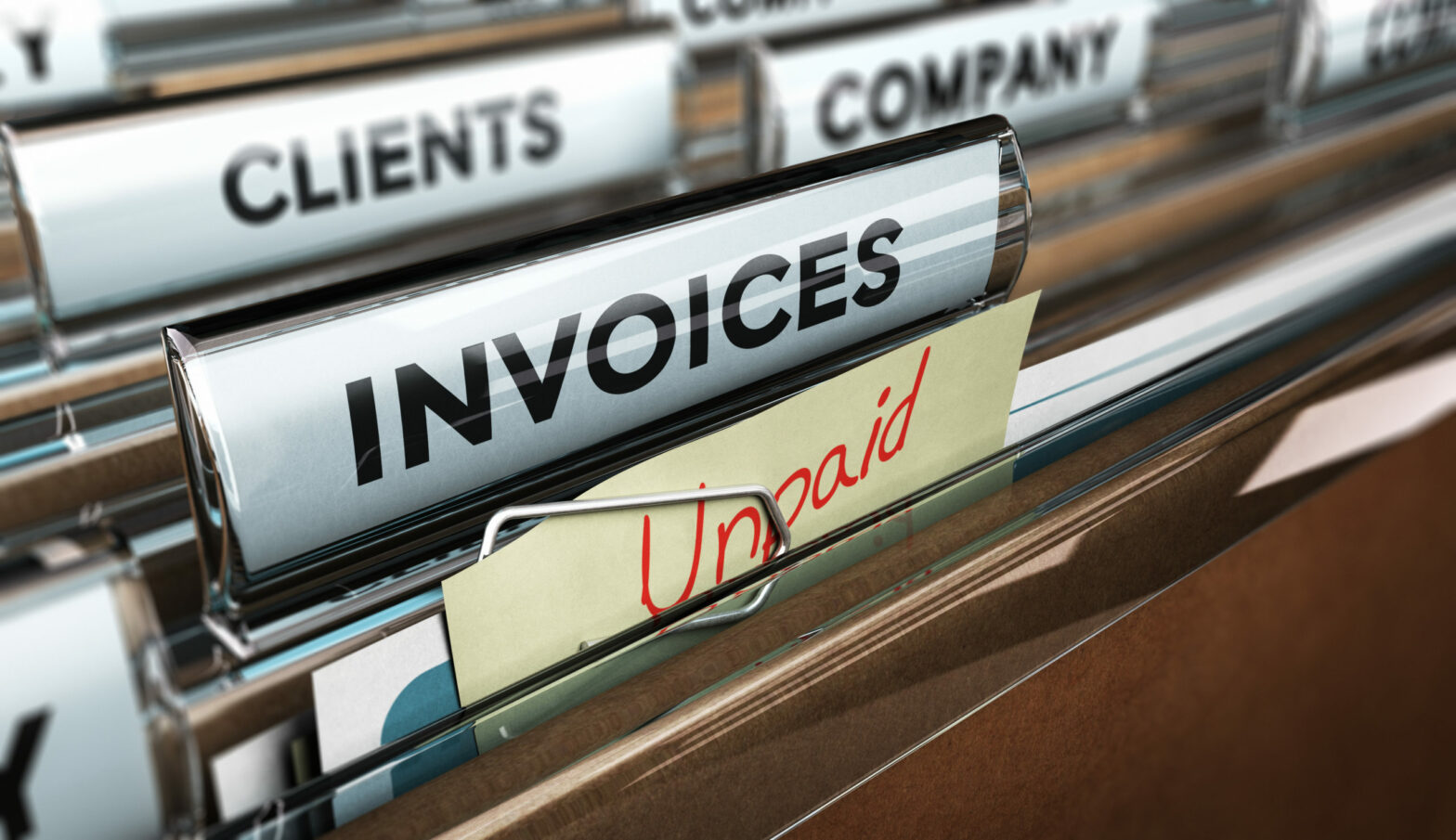Cashflow, as every business owner knows, is essential to business survival. Businesses go bust not only because they lose clients or an important contract, but more often than not because they run out of cash. Businesses fail with money still owed to them, money that, if they chase debts, could have led to a very different outcome indeed.
So how do you collect a debt that’s owed? Look at it a different way. Why do you have a debt in the first place and what’s stopping you from getting paid?
There are many reasons and excuses and you’ve probably heard most if not all of them before: we’ve not received your invoice, the boss is out, you’ll be in the next pay run, the cheque – as always – is in the post.
>See also: Banks may call in debt collectors to recoup unpaid Bounce Back Loans
Know your customer
But go back a step further. What do you know about your customer? Are they a good credit risk? Do they have an established reputation? In credit management terms “know your customer” is the first – and arguably the most important – step in how to get paid. Think of it like this: a customer who doesn’t pay you isn’t a customer at all, so enter any business transaction as fully informed as you can.
Assuming your customer is a good risk, then what have you done to prevent a debt from going bad?
- Have you invoiced the correct amount, to the right legal entity and at the right address?
- Have you included a Purchase Order (PO) where one is asked for?
- Have you spoken to your customer at beginning and asked them whether there is a particular process you should follow?
It’s amazing how many invoices go unpaid and a debt goes bad simply because they never end up in hands of those people authorised to pay them.
This is especially important today. Remember your contacts are likely to be working from home, or they may even have been furloughed, so your invoices might now have to be sent to a different person or email address.
‘These simple tips can make all the difference in getting paid’
So, let’s imagine you’ve followed best practice, your invoice is correct and not in dispute – or at least not to your knowledge.
- Did you call them to make sure everything was in order with the goods you supplied and the invoice you subsequently sent?
- In speaking to them, did you ask for a payment date, or even offer them a discount for paying early
These simple tips can make all the difference in getting paid, or at the very least, identifying a problem early to give you time to consider the alternatives.
So what are they?
Where can I go if I can’t get paid?
You can complain directly to the Small Business Commissioner (SBC). The SBC is an independent body, appointed by the government, and can make non-binding recommendations on how the parties should resolve the dispute around unpaid invoices.
Depending on the size of the business you are dealing with, they may be a signatory to the Prompt Payment Code (PPC). The PPC is now managed by the commissioner’s office, so again you have another channel for demonstrating your right to be paid.
You can also seek advice through free government backed helplines, and you can access free local business help from your nearest Local Enterprise Partnership growth hub in England, the Business Gateway office in Scotland, if you are in Wales there are Business Wales Regional Centres, and Invest Northern Ireland has regional offices.
Charging penalty interest
Under the Late Payment of Commercial Debts (Interest) Act 1998 you can charge a statutory interest – which is 8 per cent plus the Bank of England base rate – plus a reasonable cost for recovering debts for business-to-business transactions. You will need to send a new invoice if you decide to add interest to the money you’re owed. Of course, this still doesn’t guarantee that you are any more likely to get your invoice paid, but it’s a legal right and you should exercise it.
Use a debt collector
You can also seek external support to chase debts in other ways, and notably through a reputable debt collection agency, but be careful only to work with those who are members of the Credit Services Association as they have a recognised code of practice.
There is plenty of help and advice out there on how to chase debts, but you need to know where to look. A good place to start is the Chartered Institute of Credit Management (CICM). It published a series of Managing Cashflow Guides during the last financial crisis in 2008 that have been continually updated ever since.
There is also a guide published by ACCA offering a practical checklist for managing cash in a crisis to help the wider business community to keep the cash coming in.
But whatever you do, and what everyone will tell you, is don’t bury your head in the sand. Act quickly, and don’t just assume something will turn up. It’s up to you to make it happen.
Sue Chapple is chief executive of the Chartered Institute of Credit Management
Further reading on how to chase debts
Small Business Commissioner Q&A: Paul Uppal talks about late payments





